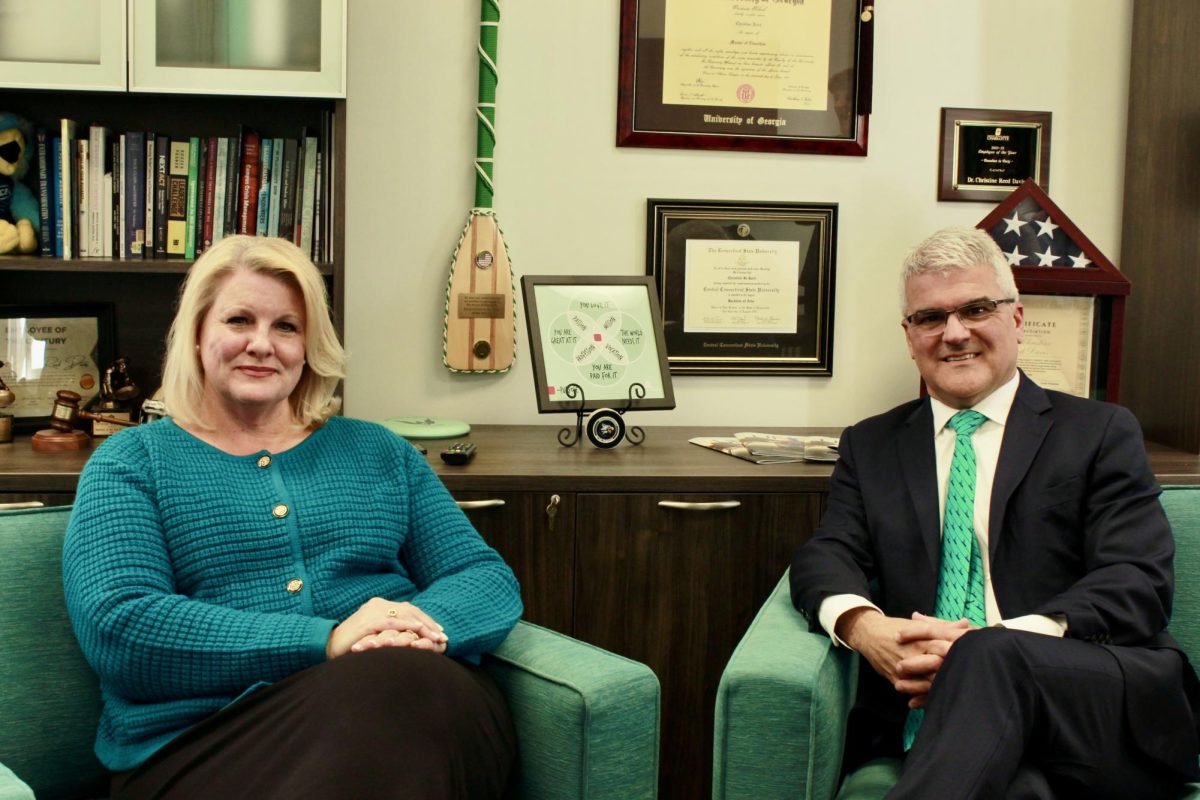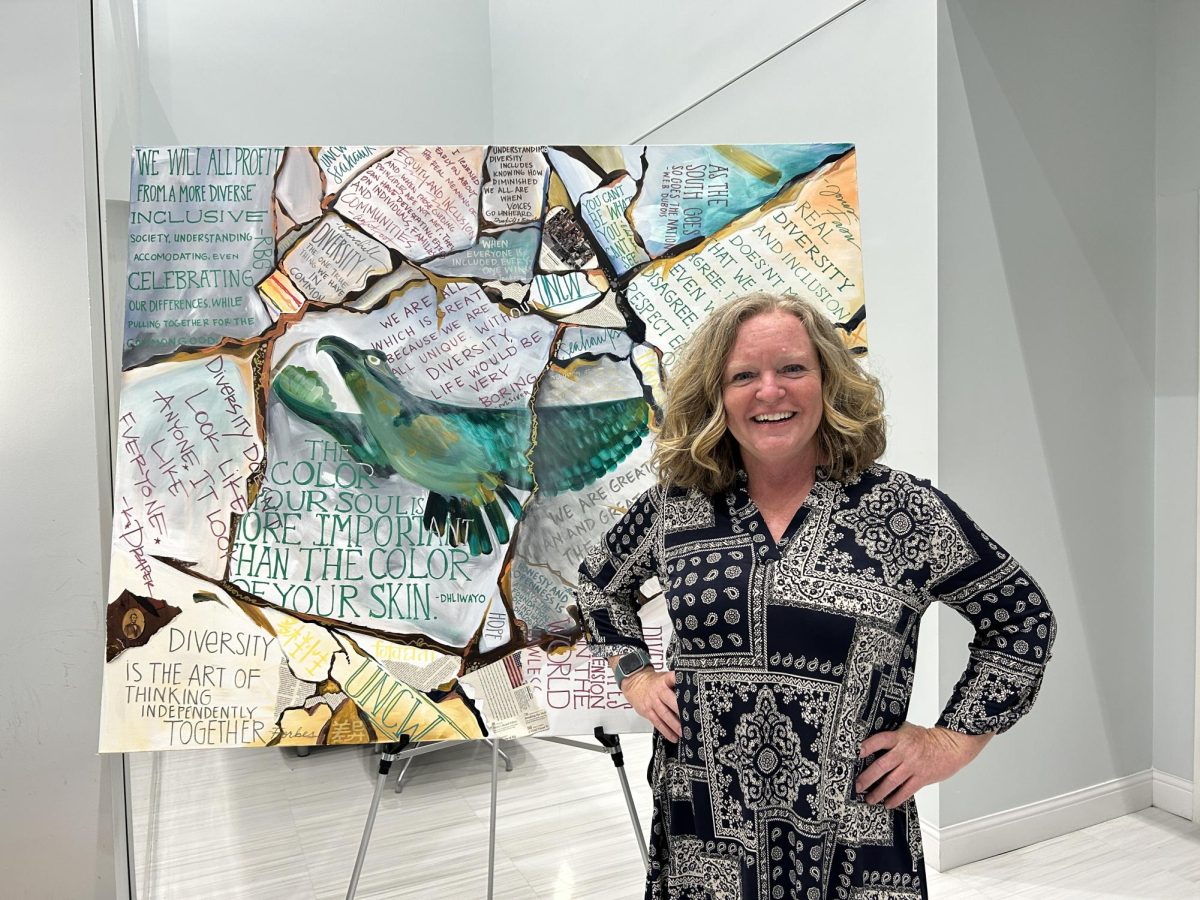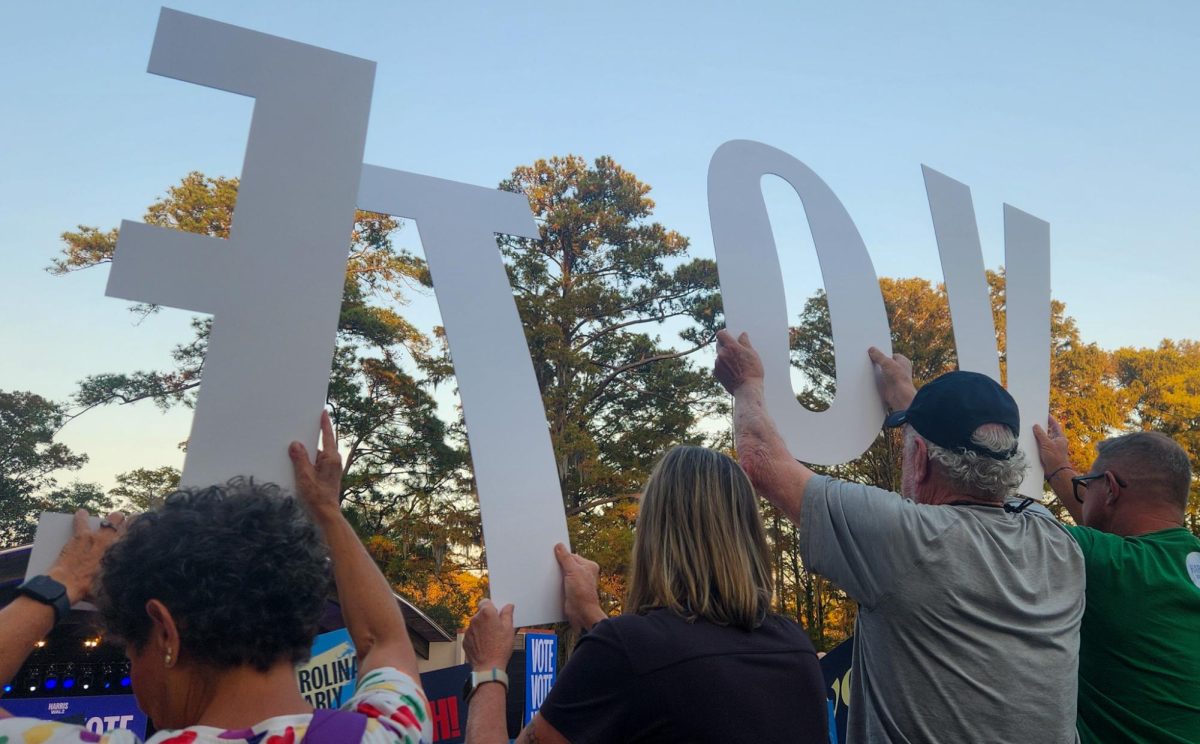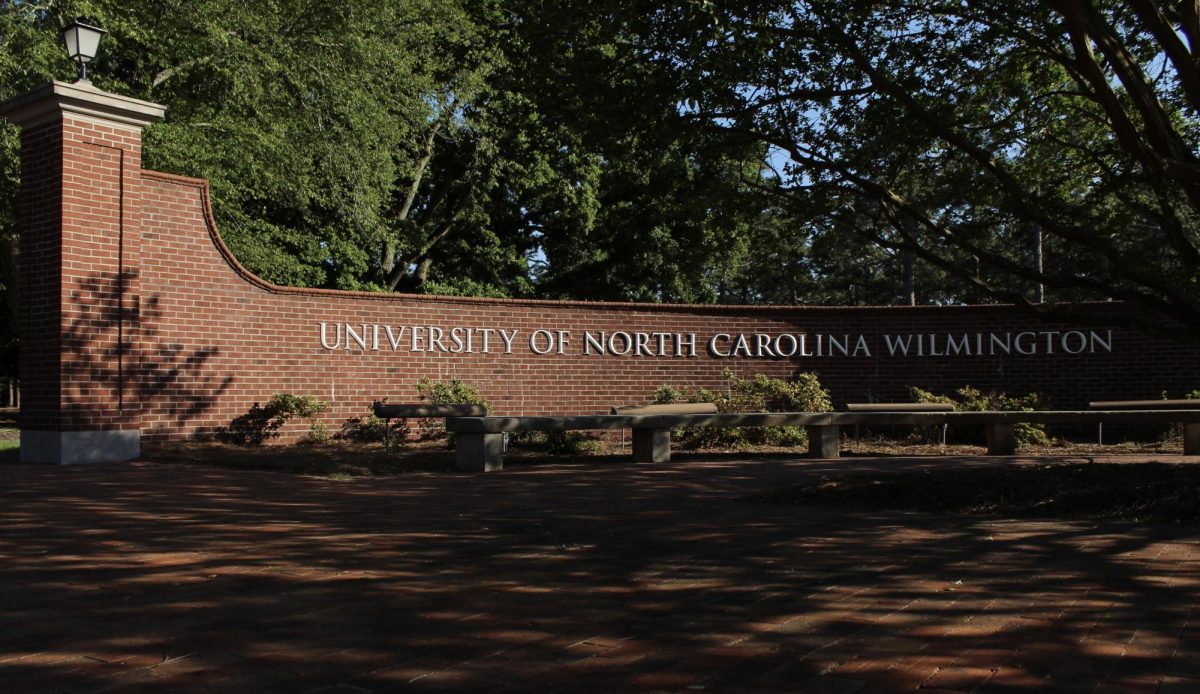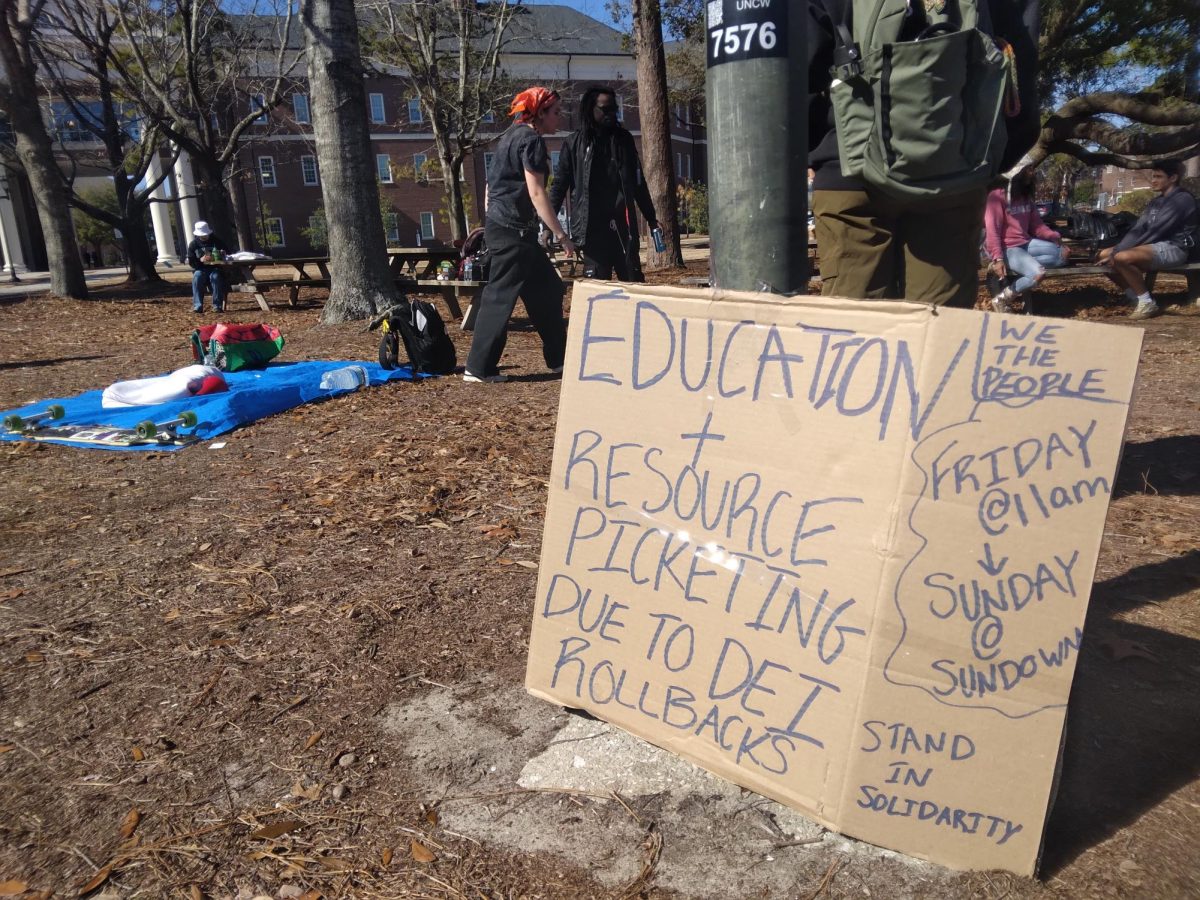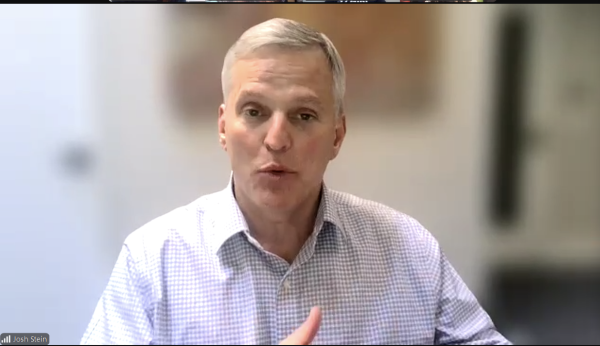
On Thursday Oct. 17, Josh Stein, the Democratic candidate for governor of N.C. held a Zoom call with student journalists to address questions that many young voters have. Reporters representing four N.C. colleges—Elon, Salem College, UNC Chapel Hill and UNC Wilmington— were all present to discuss issues important to student voters directly with Stein.
Stein started off the call by emphasizing the significance of this election and the importance of young voters’ impact on the future of America. He encouraged students to vote, highlighting key issues on the ballot, including reproductive health care rights and public education.
“Voting is the most important foundational right because it is what we use to elect the government that will help us protect our other rights,” Stein said. “And there are so many of those rights on the ballot this November–how easy it is to vote, whether women can make their own reproductive health care decisions, whether kids can get the education they are constitutionally entitled to–these are all on the ballot.”
Student journalists then took turns asking Stein questions regarding various topics such as economic growth, LGBTQ+ rights, public education, the UNC systems’ decision to retract its diversity, equity and inclusion (DEI) policies and how out-of-state students can make their voices heard in N.C. this election.
In regards to his goal of growing the economy, which he described as “urgent,” Stein outlined some smaller steps that he plans on enacting in order to “put money in the pockets of working people.” He proposed increasing job opportunities, implementing a Working Family Tax Cut, raising the minimum wage and emphasizing technical and career education in public schools.
Concerns were raised about Lieutenant Governor Mark Robinson’s conservative ideologies regarding the LGBTQ+ community and the impact of these ideologies on the community. Stein shared this concern and referenced the Employment Nondiscrimination Act, which he introduced while in the General Assembly. This act aims to prevent discrimination against LGBTQ+ individuals in the workforce.
Stein condemned Robinson’s derogatory language towards LGBTQ+ individuals, who Robinson has referred to as “filth.”
“The way that Mark Robinson talks [about] and demonizes people based on their sexual orientation is despicable.” Stein went on to share his contrasting vision of a better future for N.C., stating, “It is so contrary to what we should be as a state. We should be welcoming all people who want to help us build a better future for everybody.”
Despite the state legislature’s increased funding for school vouchers, when asked about his plans to expand and improve public education, Stein highlighted the importance of public schools. “Public education is the single most important institution for opening the doors to opportunity for young people.” Stein referred to the continuously low pay for teachers in N.C. as a “recipe for long-term disaster” and shared his plans to improve the state’s national ranking in starting teacher pay and public school funding.
Stein asserted that through prioritizing public schools and investing taxpayer money into public education, conditions for teachers and students would improve. He emphasized the need for increased support to teachers in school systems in the form of more essential workers such as school nurses, counselors and social workers. This would allow teachers to focus on the job of educating America’s youth, creating a better educational experience for students.
Stein criticized the increased funding of school vouchers and the reallocation of taxpayer money from public education to unaccountable private schools. He highlighted how this affects smaller, rural school systems that have lower tax pay than larger counties and cannot afford to supplement the cuts to funding. Stein outlined his intent to work with legislators across the aisle to ensure better public education for all N.C. youth, saying, “…we need to be fighting for all North Carolina school children. Take off our red hat, take off our blue hat, put on our North Carolina hat and do what’s right for our kids.”
Stein also shared his disapproval of the decision to retract DEI policies all over the state and the over-politicization of higher education. Stein asserted his belief that the N.C. legislators should be doing everything they can to allow campuses to represent the full diversity of N.C. He claimed that in retracting the DEI policy, college campuses will become increasingly less hospitable and welcoming to all North Carolinians.
Stein and his opposing candidate, Robinson are from different upbringings, with Stein being from a more privileged upbringing in his education at Dartmouth and Harvard university and Robinson having a less affluent upbringing. His humble beginning is the grounds for Robinson’s claim on his campaign website that he has a more in depth understanding of the average N.C. citizen’s experience, which Stein addressed by sharing how he has been able to solve issues affecting North Carolinians in the past.
Stein explained that in any position he has held, he has listened to North Carolinians, heard their issues and then gone to work to address those issues. “My philosophy is: care for people, listen to people and address their issues.”
Stein used his experience as attorney general as an example of the type of action he would take as governor in order to address the needs of all N.C. citizens. He recalled an instance in which reports of sexual assault were going unanswered by law enforcement. Stein uncovered 16,000 untested rape kits in local law enforcement offices throughout N.C. and responded by implementing a system that allowed for victims of sexual assault to track the progress of their rape test kits. This system allowed for transparency in the process of their investigation and with it, the ability to hold law enforcement accountable in the investigation of the victim’s assault.
The final question of the event pertained to out-of-state students who were choosing to vote in N.C. and were potentially unsure of how to proceed. Stein encouraged out-of-state voters to use their voice by registering to vote in their county and casting their vote during early voting. “I hope voters embrace this opportunity to have their voice heard.”
This interview facilitated direct communication between Stein and student reporters, allowing them to engage with one of the candidates ahead of the fall election and ask whatever questions they felt mattered most.
The Seahawk reached out to both Stein and Robinson’s teams on Oct. 2 to set up a meeting with a representative to discuss each of their campaigns. The Seahawk was invited to this interview with Stein as a result, however, no response was received from Robinson’s team to address his campaign.


